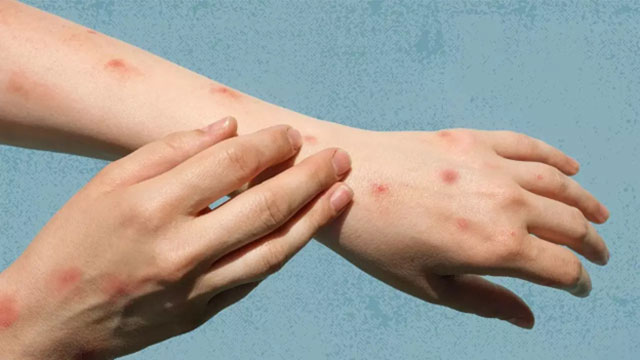Daijiworld Media Network – Los Angeles
Los Angeles, Oct 18: Health authorities in the United States have raised concern after confirming three cases of a more severe mpox strain, known as clade I, in Southern California — marking the first time this strain has shown signs of domestic transmission.
The patients, from Los Angeles County and Long Beach, required hospitalization but are now recovering at home. Officials noted that none of them had a history of recent travel abroad, indicating the virus may now be spreading locally.

Experts warn that this development is troubling because previous US cases of clade I mpox were linked to travel from central or eastern Africa, where the strain is typically found and known to cause more severe illness than clade II — the variant behind the 2022 global outbreak.
What is clade I Mpox?
Mpox (formerly monkeypox) is caused by a virus related to smallpox. Of the two main genetic groups, clade II usually causes milder disease, while clade I has historically led to higher complication and fatality rates, especially among children and immunocompromised individuals.
Symptoms to watch for
Early symptoms resemble flu-like illness — fever, chills, fatigue, swollen glands, and muscle pain — followed by a distinctive rash that progresses from red spots to pus-filled blisters over 2–4 weeks. Lesions can appear on the face, hands, genitals, and other body parts. Severe cases can cause scarring, infections, organ inflammation, or even death.
Prevention and safety
Officials urge people at higher risk — including those with multiple sexual partners or compromised immunity — to remain vigilant.
Key precautions include:
• Getting vaccinated with the JYNNEOS vaccine.
• Avoiding skin-to-skin contact with infected individuals or contaminated materials.
• Wearing masks and maintaining good hygiene.
• Isolating if symptomatic and seeking early medical help.
Authorities are continuing to investigate the source of the infections and potential community spread. Health experts emphasize that while mpox remains rare, the appearance of clade I cases without travel links represents a serious public health warning for the US.